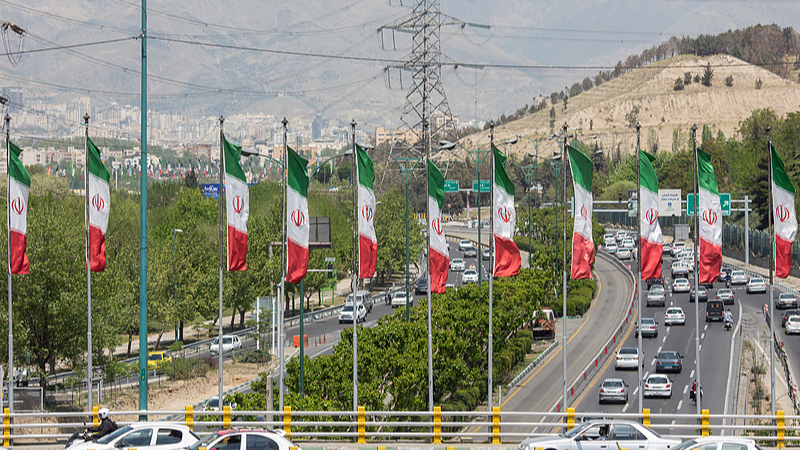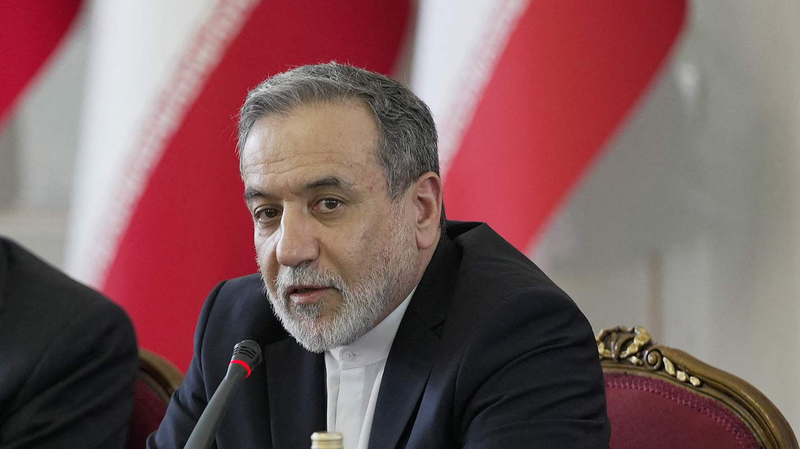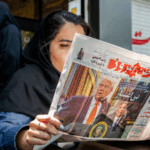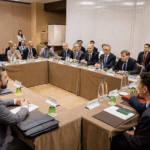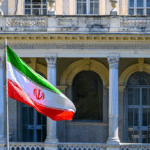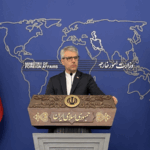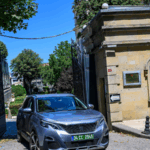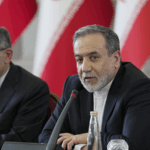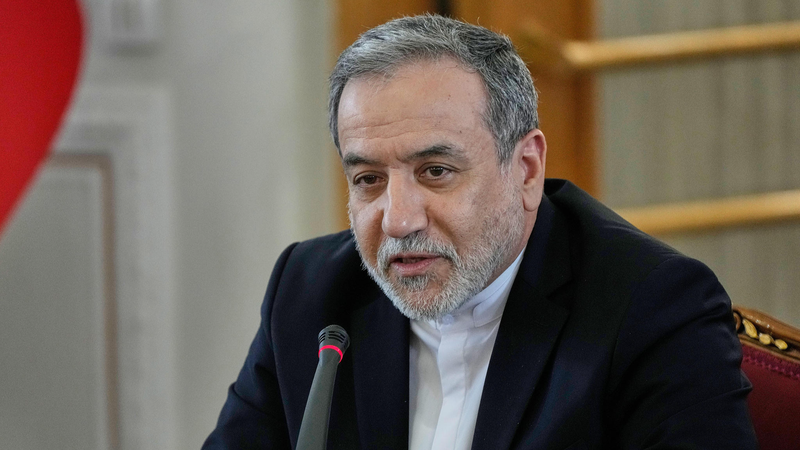Iran has doubled down on its commitment to fast-track diplomatic negotiations with the U.S., with Deputy Foreign Minister Kazem Gharibabadi declaring there’s “no room for delay” in resolving tensions over Tehran’s nuclear program. The remarks came during high-stakes talks in Rome last month, where both sides reportedly agreed on a roadmap for technical discussions.
🔥 What’s at stake? Iran insists that all U.S. sanctions must be lifted in a way that tangibly benefits its economy, while fiercely defending its right to enrich uranium—a red line the Middle Eastern nation refuses to cross. “This isn’t just about politics; it’s about people’s livelihoods,” Gharibabadi emphasized during a closed-door meeting with Iranian lawmakers.
📜 Backstory flashback: The 2015 nuclear deal (JCPOA) unraveled after the U.S. withdrew in 2018 under then-President Trump, who later threatened military action. Despite recent “constructive” talks in Rome and Oman’s capital Muscat, the path to reviving the agreement remains rocky, with neither side yet backing down from core demands.
🌐 Why it matters globally: A revived deal could ease Middle East tensions and stabilize energy markets—critical for young professionals and entrepreneurs tracking geopolitical risks. Meanwhile, students and diaspora communities watch closely as diplomacy unfolds between longtime adversaries.
As both nations navigate this diplomatic tightrope, the world waits to see if compromise can outweigh decades of distrust. 💥
Reference(s):
cgtn.com
